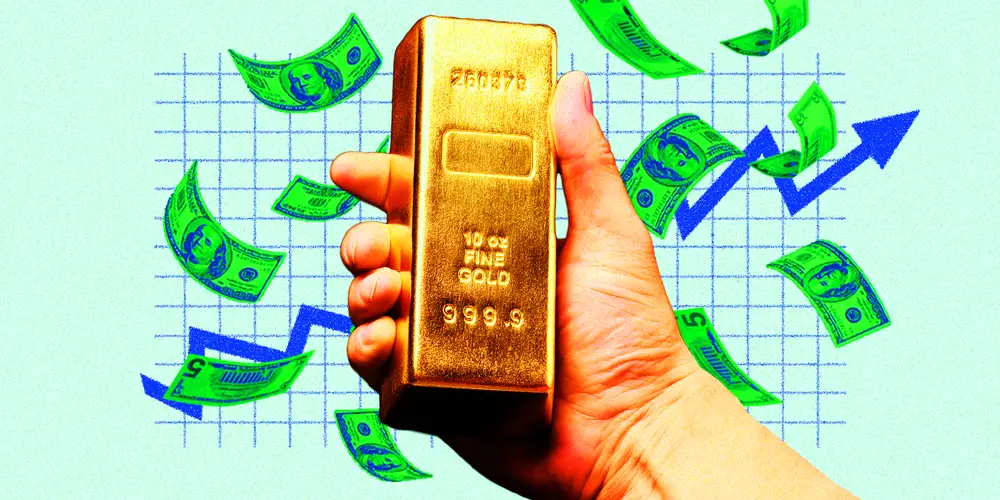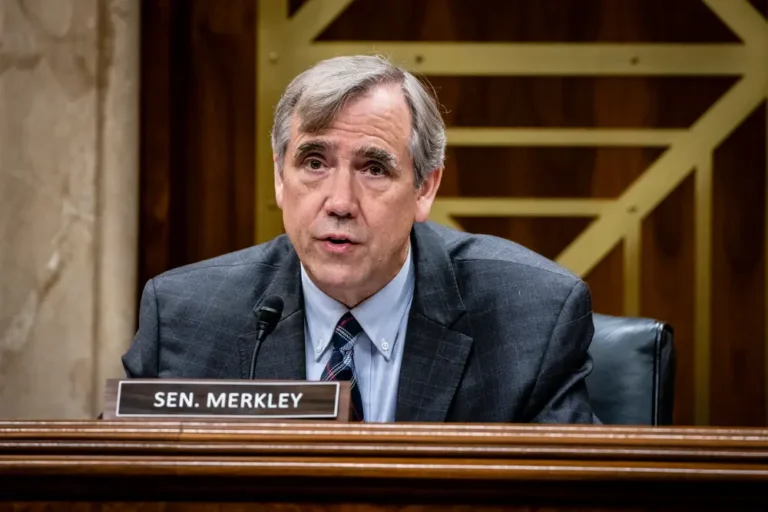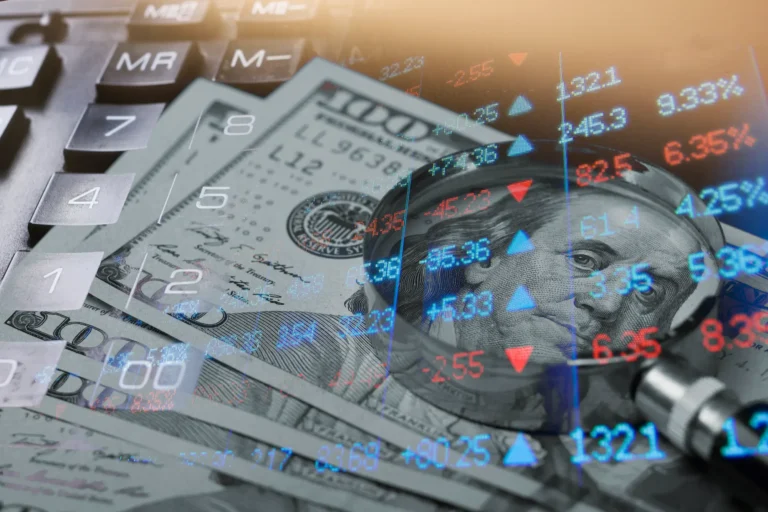Gold is the ‘last safe haven’ as Treasurys face risks from soaring US debt, Bank of America says

Gold is increasingly attractive as other traditional “safe haven” assets face mounting risks, Bank of America strategists said.
The strategists said investors, including central banks, should rotate into the precious metal, which bulls tout as a hedge against inflation and debt debasement resulting from rising government borrowing.
“Gold looks to be the last ‘safe haven’ asset standing, incentivising traders including central banks to increase exposure,” the strategists said in a Wednesday note.
They explained that with US debt expected to keep soaring, Treasury supply faces risks. At the same time, higher interest rate payments as a share of GDP will make gold an attractive asset in the next few years.
Rising spending is alson’t merely a US issue. The analyst notes that the International Monetary Fund predicts new spending could amount to 7%-8% of global GDP annually by 2030.
“Ultimately, something has to give: if markets become reluctant to absorb all the debt and volatility increases, gold may become the asset of choice. Central banks in particular could further diversify their currency reserves,” the analysts wrote.
With neither candidate for the upcoming US presidential election prioritizing fiscal discipline and a pullback in spending, national debt is projected to hit a record high as a share of the economy in the next three years, the analysts said.
That will increase interest payments as a share of GDP, making gold an attractive asset amid concerns that markets won’t be able to absorb new debt, they add.
“Indeed, with lingering concerns over US funding needs and their impact on the US Treasury market, the yellow metal may become the ultimate perceived safe haven asset,” the analysts said.
The analysts reaffirmed their target of $3,000 an ounce for gold by the end of next year, which implies 11.1% upside from levels on Thursday.
The analysts’ bullishness for the metal comes as worries grow over mounting spending and debt around the world.
Investors have increasingly looked to gold in recent weeks as the Federal Reserve kicked off its easing cycle with a 50-basis point interest rate cut last month, driving the price of gold to gain around 4.3% in the last month.
Central banks around the world have also increased their share of gold as a portion of total reserves. The Bank of America analysts note that gold now makes up 10% of central bank reserves, up from 3% a decade ago.






